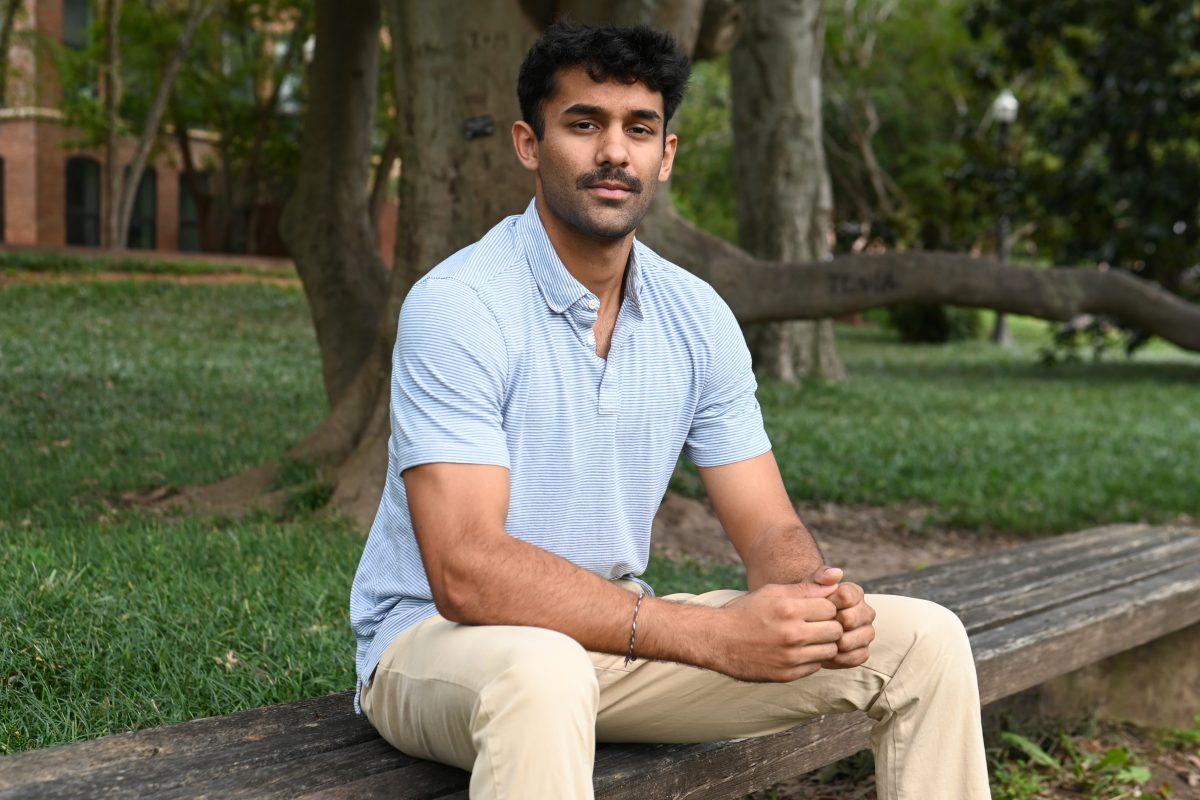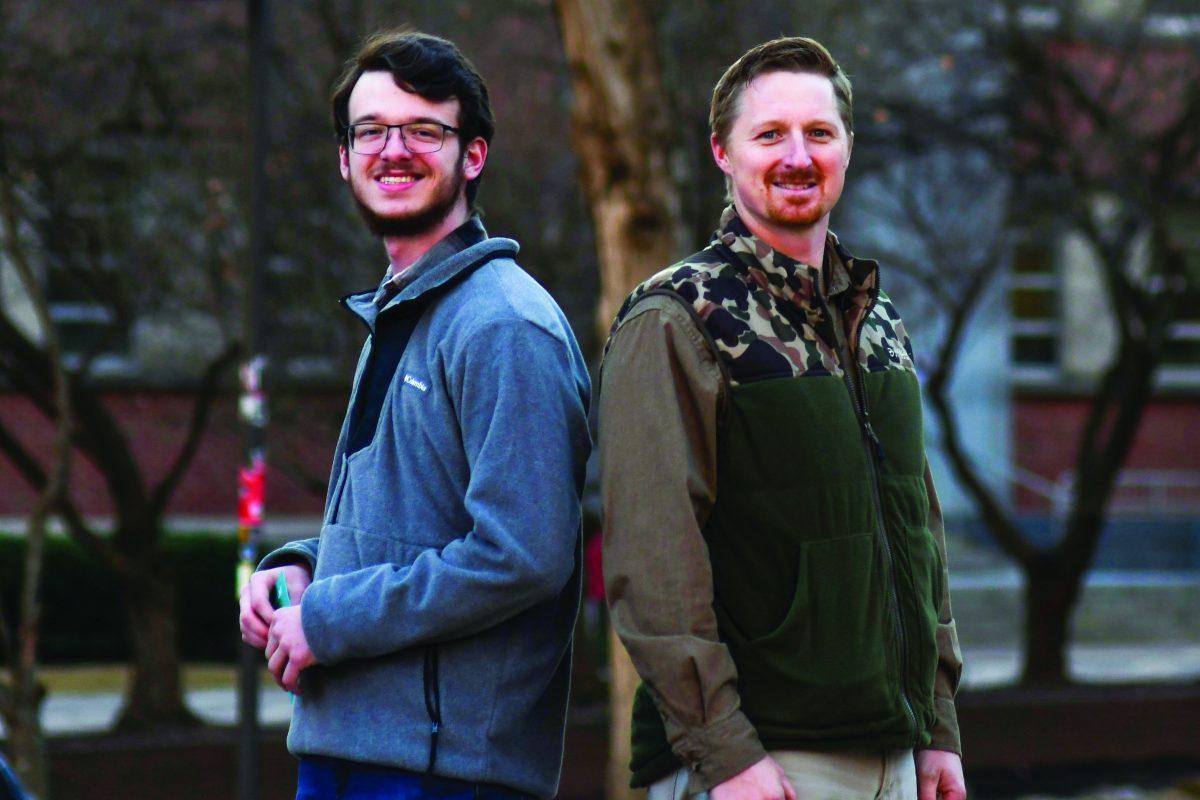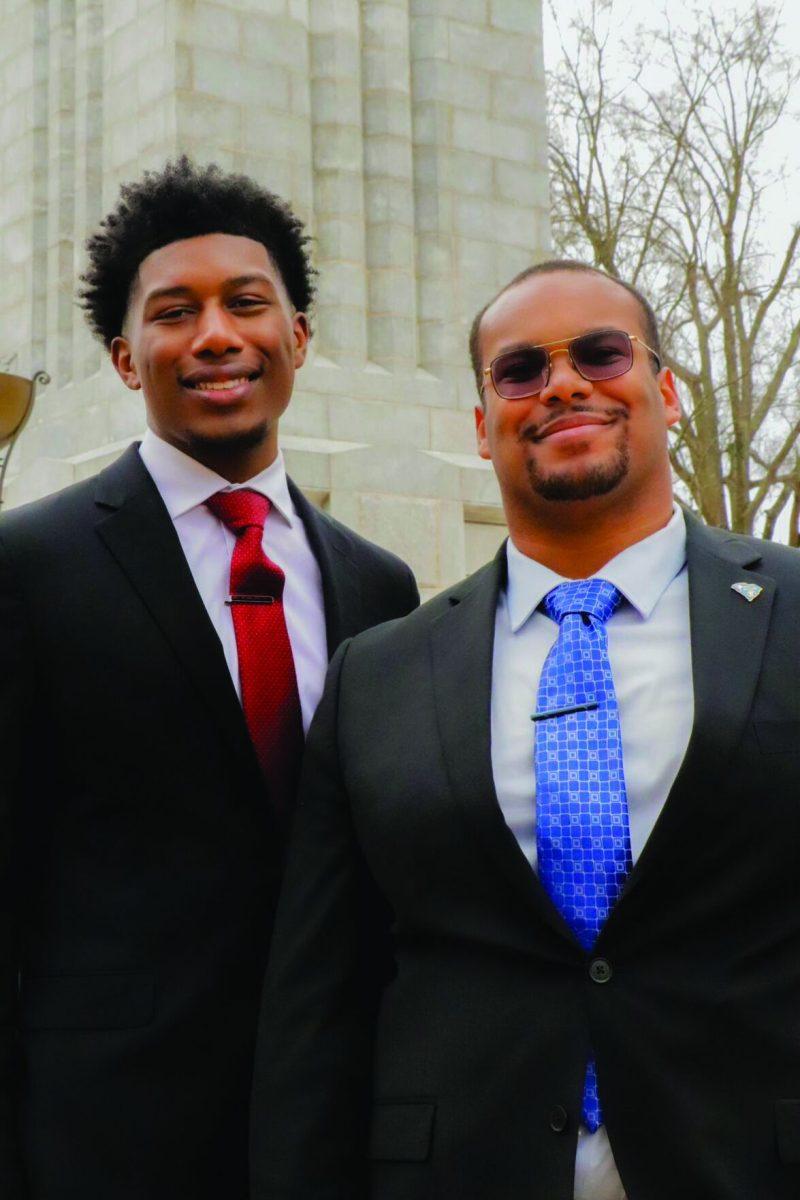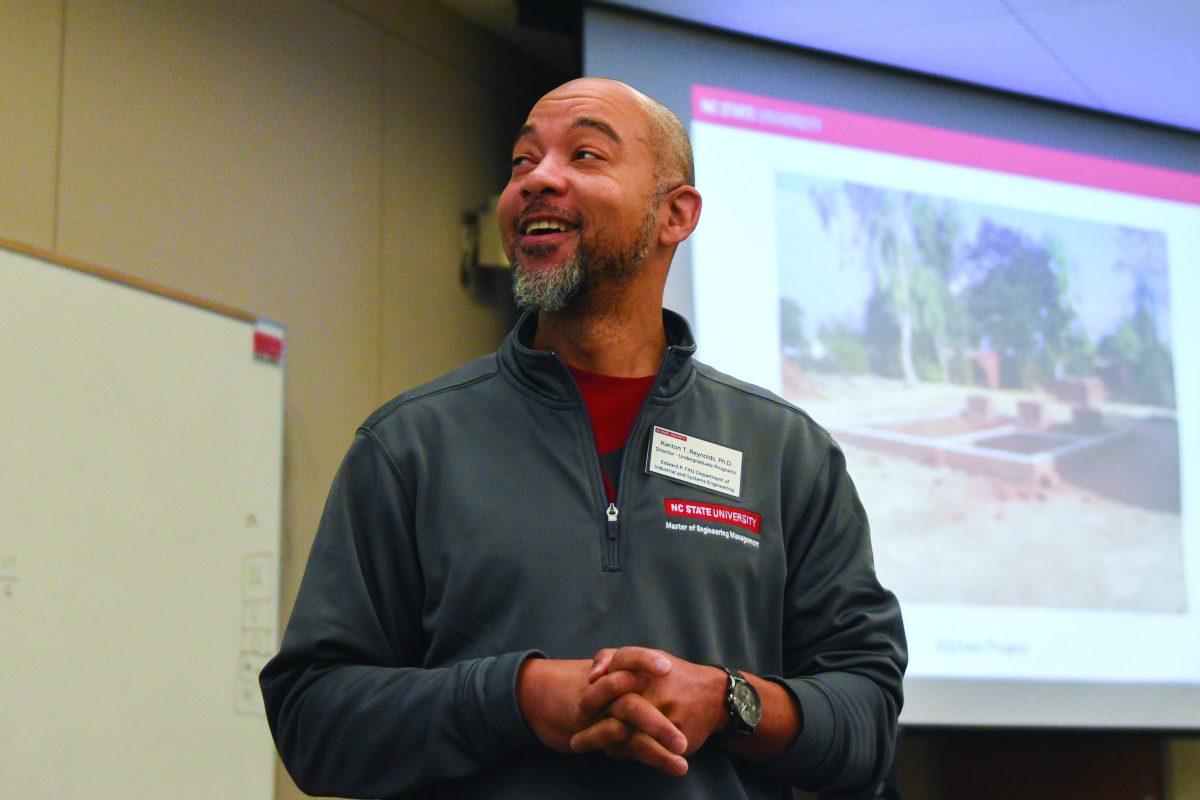What comes to mind when considering a caricature of an NC State frat boy? Privileged, ignorant, regressive. Barbaric, maybe. Someone who can conjure a constructive analysis of the intricate and contentious international political situation of the century? Probably not.
At the intersection of Greek life and international political consciousness, you can find Deven Desai.
Former secretary, vice president and president of his fraternity, Desai is a seasoned veteran of Greek Village and Glenwood Avenue. But you can’t possibly box him into the conventional frat boy frame.
Desai is a first-generation American whose parents were both born in India. Both of his parents went to NC State, and his brother is on the way in the spring — being a part of the Wolfpack has always been in his blood.
Desai is intimately engaged in politics and the world around him. Though he is a registered Democrat, Desai doesn’t view that as a proper framing of his political identity. Both domestically and overseas, candidates from the left side of the aisle aren’t effectively addressing issues important to him.
Desai highlighted issues like child poverty and women’s right to their bodily autonomy.
“I feel like if these rights aren’t protected, if these challenges aren’t addressed, then you can’t narrow that framing of, ‘I’m just going to vote blue no matter who,’ because if this money isn’t going to places that need it, then I feel like you’re not going to earn my vote,” Desai said.
Desai isn’t just blowing smoke either. He is a fourth-year in international studies and plans to start his career in Washington D.C. after graduating this upcoming summer.
“If I’m looking at it holistically, I want to look back and know that I’ve made a positive impact on the community,” Desai said. “Whether that’s at a micro level or macro level, I just want to have touched as many people as possible in a positive way.”
Desai’s central concern this election season is the conflict in Gaza.
“I would characterize it as a genocide that has lasted over a year,” Desai said. “This is something that’s been going on for the last 70 years. And Oct. 7, I think this goes without saying, was a tragedy. It’s something that is horrible humanitarianly … but that doesn’t justify the year of genocide that’s also been occurring.”
Desai believes the United States has had a central role in mediating the conflict, and has failed to address the “scale of humanitarian violence and displacement” the world is seeing. He doesn’t sympathize with the perspective that things could get worse under one candidate than the other.
“That takes advantage of our vote because rather than addressing the issue, you’re simply taking the lesser of two evils, rather than seeing the current administration for how it’s dealt with the conflict in the past year,” Desai said. “You can say all you want that Trump is going to make it worse, but you’ve had the power to change it in the last year. And what’s happened in the last year? 60,000 plus deaths in Gaza and now countless deaths in Lebanon, and it’s only going to get worse unless the actual administration steps up and mediates the conflict.”
Desai sees the conflict as having ripple effects far beyond the domestic situation in the Middle East and hitting closer to home.
“The crisis in Gaza has now spread throughout the Middle East, and it’s been allowed by the United States to escalate to a point where it’s not only a humanitarian catastrophe, but a growing threat to regional and global stability,” Desai said. “So if you’re voting in the 2024 Election and your priority is the economy, your priority is trade, you cannot fail to address the humanitarian crisis going on.”
Though Desai is planning to vote up and down the ballot this year, he doesn’t blame those who are refraining.
“If the affairs in the Middle East is your main issue and that is close to your heart, and you have a protest vote, it is not my job or my right to try to sway you from that based on the atrocities that have occurred in the last year,” Desai said.














